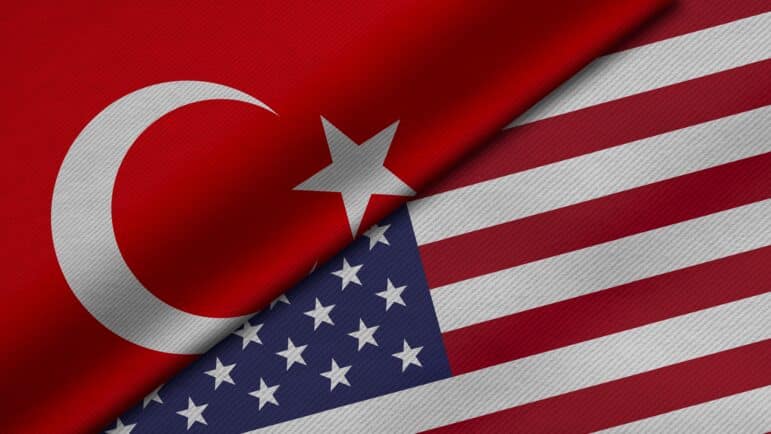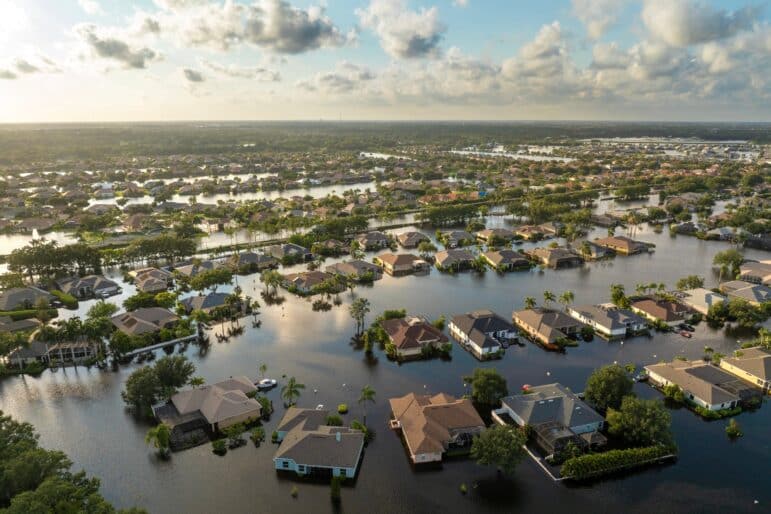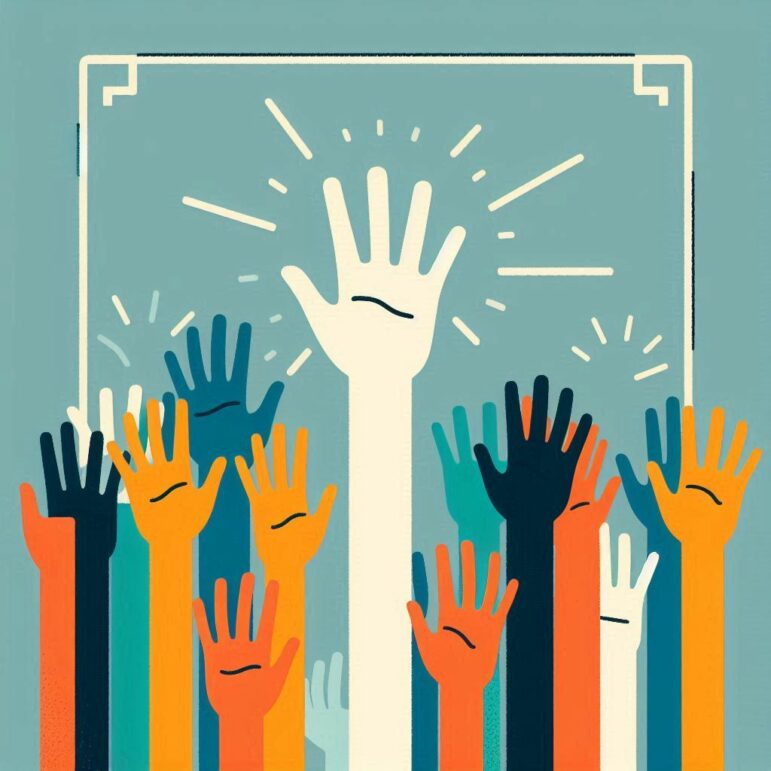The Hollings Center’s Dialogue Programs promote collaboration and mutual understanding by addressing key global issues between the United States and Muslim-majority nations.
Dialogue Programs History
The Hollings Center for International Dialogue was established to bridge divides and foster understanding between the United States and countries with predominantly Muslim populations. Its dialogue programs trace their roots to the recognition of the need for open, constructive conversations to address complex global issues. Created with the vision of promoting collaboration, these dialogue programs have evolved to cover a wide range of topics that are typically under-served by public discourse. By convening experts, policymakers, and practitioners from many backgrounds, the Center has become a vital platform for addressing shared challenges and fostering mutual respect.
Over the years, the Hollings Center’s dialogue programs have expanded their reach, addressing specific bilateral and regional issues of critical importance. Early programs focused on post-9/11 challenges and the need to strengthen relations between the US and Muslim-majority nations, facilitating discussions on cultural understanding and policy alignment. Since then, the Center gradually broadened its scope to include pressing global concerns such as sustainable development, extremism, and economic cooperation, ensuring its relevance in an increasingly interconnected world. This approach has allowed the dialogues to remain dynamic and adaptable to emerging issues, drawing on the expertise of participants to propose actionable solutions.
Participants
A hallmark of the Hollings Center’s dialogue programs has been their emphasis on building lasting relationships among participants. Each dialogue convenes a mixture of policy makers, academics, businesspersons, civil society representatives, journalists, and government officials. This carefully crafted balance enables participants to make fresh insights on major issues, establish new connections with colleagues, and build long term partnerships. Additionally, many of the Center’s dialogues connect a rising generation of experts and professionals across Muslim-majority countries with their American counterparts.
By creating networks of collaboration that extend beyond the events themselves, the programs aim to foster ongoing partnerships that can tackle shared challenges over the long term. With a focus on inclusivity and mutual respect, the dialogues have created strong interpersonal and institutional bonds. These efforts not only generate innovative ideas, but also strengthen ties between nations, contributing to a more stable and cooperative global environment.
Dialogue Programs Initiatives
Recent Dialogue Snapshot Reports

U.S.-Türkiye Relations: Their Impact on the MENA Region
Explore the latest developments in U.S.-Türkiye relations, covering strategic cooperation, regional policies, and key diplomatic challenges.

Disaster Management & Recovery
Explore key insights on disaster management and recovery, focusing on global cooperation, technology, engagement, and policy integration.

Youth Engagement
Youth engagement is crucial for shaping the future of societies. This report explores global strategies to foster youth participation.

Technology & Democracy
Dialogue on technology and democracy explored digital transformation’s benefits, risks, and addressing digital threats through civil society.